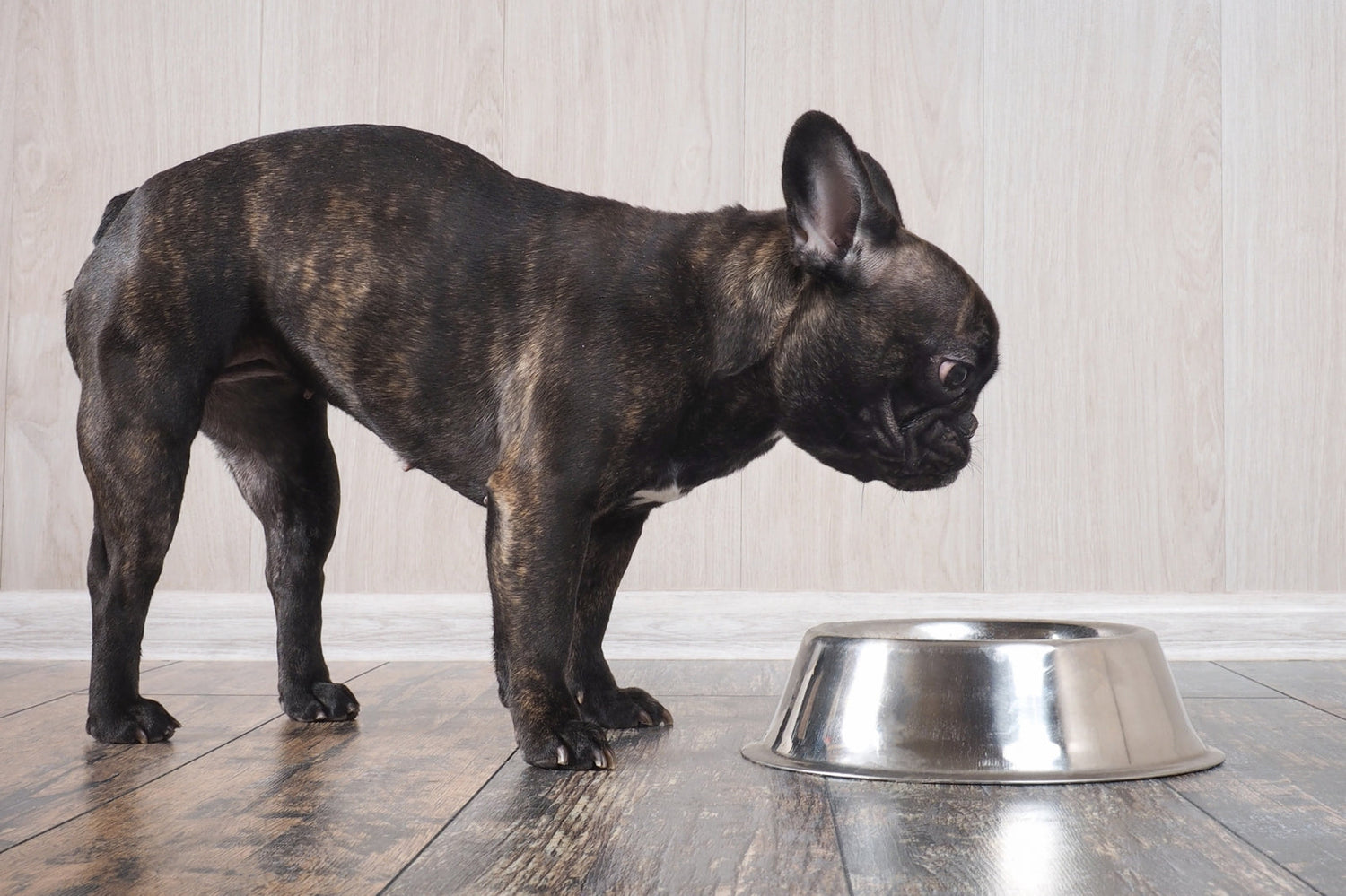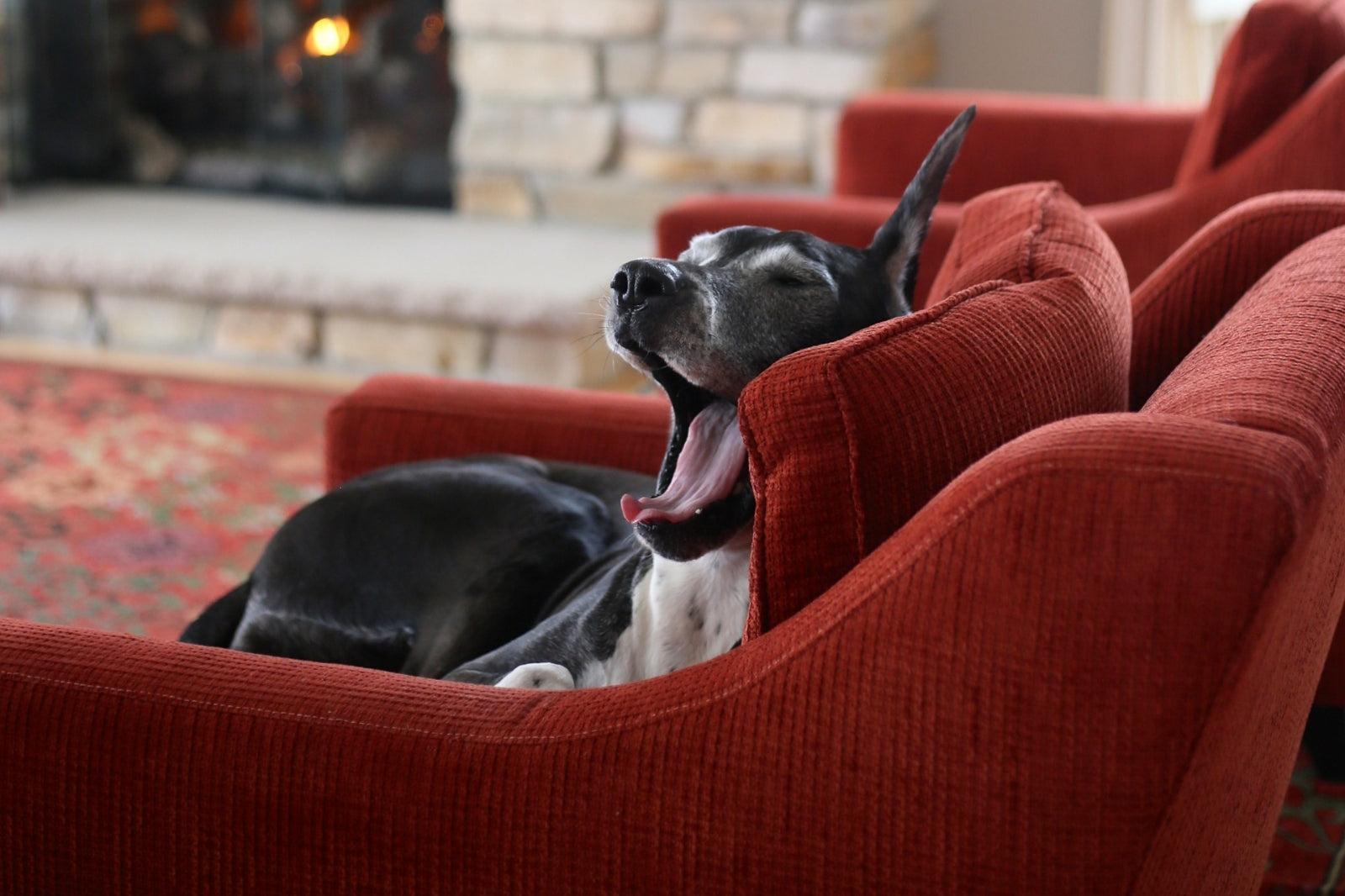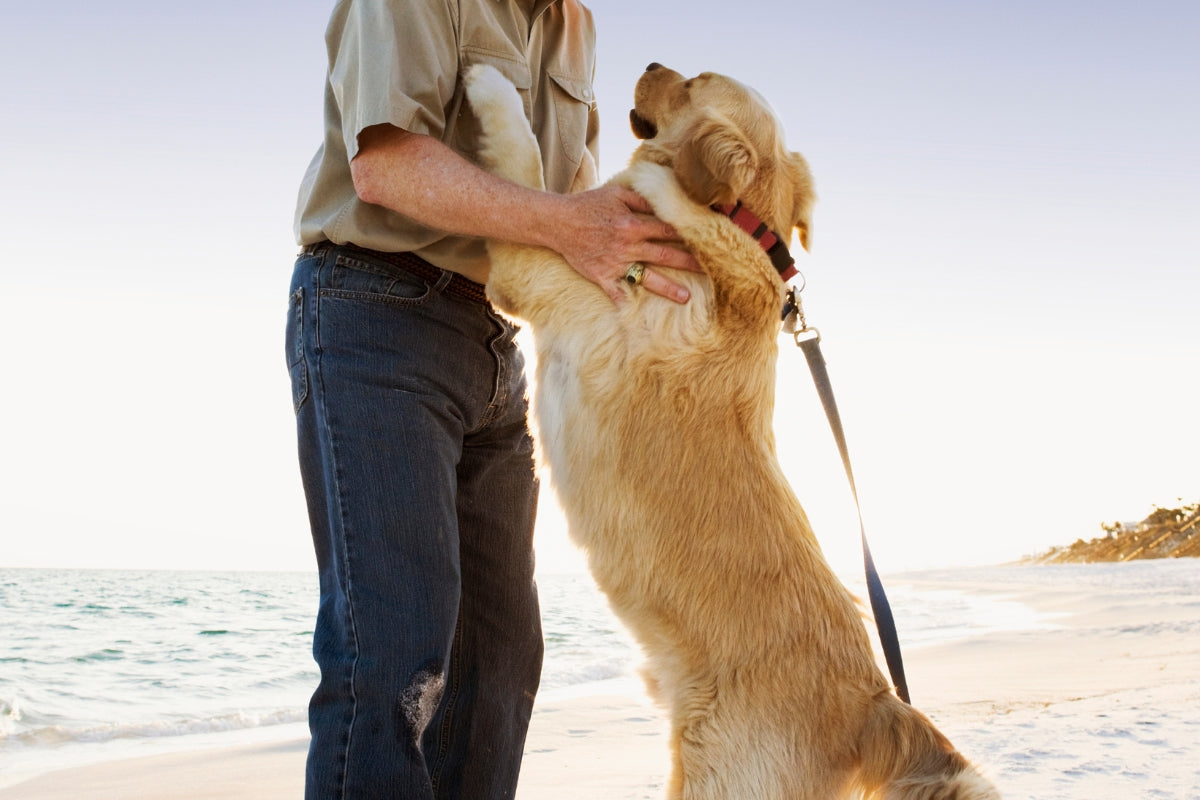Dealing with a dog suffering from diarrhoea can be distressing. It’s a common issue among dogs, often caused by various factors. Knowing how to manage your dog’s diet during this time is crucial, as the right foods can help alleviate symptoms and promote recovery.
What causes diarrhoea in dogs?
Diarrhoea in dogs can stem from various factors, including dietary indiscretion (eating something they shouldn’t), sudden changes in diet, allergies, bacterial or viral infections, parasites, stress or underlying health conditions.
Symptoms to look out for
Diarrhoea in dogs is characterised by loose, watery stools that may occur frequently. Other symptoms can include vomiting, lethargy, dehydration and loss of appetite. While occasional mild diarrhoea may resolve on its own, persistent or severe cases warrant veterinary attention to rule out serious conditions and ensure proper treatment.
What to feed a dog with diarrhoea?
When your dog has diarrhoea, feeding the right food is crucial to promote healing and prevent further irritation to their digestive system.
Bland diet
The go-to approach for managing diarrhoea in dogs is to feed a bland diet. This typically consists of a combination of boiled white meat chicken (no skin or bones) and plain white rice, boiled potatoes or boiled sweet potatoes in a ratio of 2:1 (two parts rice/potatoes/sweet potatoes to one part chicken). This mixture is gentle on the stomach and provides energy and easily digestible nutrients.
Pumpkin
Plain canned pumpkin (not pumpkin pie filling) is the source of the soluble fibre that can help absorb excess water in the digestive tract and firm up stools. Start with small amounts and gradually increase as tolerated.
Kibble for sensitive stomachs
If you prefer to feed dry kibble, choose MyPetSays dog food that is specifically designed for sensitive stomachs. These recipes contain ingredients that are gentle on the digestive system and include prebiotics to support gut health.
Digestive supplements for dogs
Adding a probiotic supplement formulated for dogs can aid in restoring healthy gut bacteria, which is beneficial especially after a bout of diarrhoea. They assist in improving digestion, reducing gas and bloating and enhancing nutrient absorption from food.
Hydration
Proper hydration during diarrhoea is crucial. Ensure your dog has access to fresh water at all times as diarrhoea can lead to dehydration. You can also offer an electrolyte solution made for dogs or diluted chicken broth (low sodium) to encourage drinking.
Foods to avoid
During episodes of diarrhoea, it’s important to avoid certain foods:
- Fatty Foods: High-fat foods can worsen diarrhoea and may be harder for your dog to digest.
- Dairy Products: Most dairy products can exacerbate diarrhoea due to lactose intolerance in some dogs.
- Spicy or Seasoned Foods: These can be too harsh on a sensitive stomach.
- Bones, Skins and Seeds: These can cause gastrointestinal blockages or irritation.
When to seek veterinary help?
If your dog’s diarrhoea persists for more than 24 hours, is accompanied by blood or mucus or is coupled with other concerning symptoms like vomiting, lethargy or fever, it’s crucial to consult your veterinarian promptly. They can determine the underlying cause and prescribe appropriate treatment.
Remember, each dog is unique and while general guidelines can be helpful, consulting your vet for personalised advice tailored to your dog’s specific needs is always recommended.




Leave a comment
This site is protected by hCaptcha and the hCaptcha Privacy Policy and Terms of Service apply.